Holiday’s and Festivals in China
By Lauren Pettit, Teacher in Jinan (2015-2016)
When I left the UK to live and work in China, one thing I knew was that I wanted to immerse myself in the culture so that I could experience and learn as much as possible in one year. Living in a less-westernised city gave me the perfect chance to do this, but even in some of the country’s bigger, more modern cities there are several ways to get involved.
Before arriving, I was aware that the Chinese celebrated a few age-old festivals, but I didn’t realise quite how many; throughout the time I was there I experienced 10 holidays and festivals, each with their own unique stories, traditions and celebrations. They provided a great opportunity for me to get involved and learn things about the Chinese culture I never knew existed. Luckily, I had several lovely colleagues and friends who wanted me to experience their festivals and take part in their activities.
Within two weeks of beginning at my school, the first festivities took place; Teacher’s Day, a day for students to show their appreciation to their teachers through giving them gifts, cards and showering them with roses. I couldn’t believe it when I stepped into a classroom to meet a group of students for the first time and they gave me piles of roses, big hugs and told me “I love you” numerous times. This was the reaction a new teacher got, so you can imagine the kind of things the regular teachers received! On this special day it really hit me just how much respect the Chinese hold for their teachers and I realised how widespread it was when I found out that the cities even show their appreciation by allowing teachers free entry into the city’s attractions the following weekend!
A few weeks after this, the first major National Holiday of my time in China took place to commemorate the founding of the People’s Republic of China. This break, known as Golden Week, is one of the most popular times for the Chinese to visit other parts of their country, meaning the day the schools broke up the city seemed to empty out and became eerily quiet. Despite having been warned against it, my friend and I used this time to do what all the Chinese do and travel. All I can say about this is that it isn’t for the faint-hearted; if you don’t like long queues, big crowds, or busy transport then avoid travel during this time!
Shortly after this, yet another festival took place; this time the Mid-Autumn Festival, a time to give thanks for the harvest. The main symbol of this festival is the Mooncake; a circular pastry with a fruit filling, which symbolises coming together and reunion. During this time, families get together and cities celebrate in various ways. My friend and I were invited to celebrate this festival with a local family, who filled us up with dumplings and moon cakes until we were fit to burst!
Soon after this was the time of year all my colleagues had been waiting for since returning to work in October; Spring Festival. Known as Chinese New Year to most of us in the West, this Festival is based on the lunar calendar and runs from the evening before the first day to the 15th day of the first calendar month. This of course changes year to year, but it generally begins in late January and ends in late February and depending on where you work you can have between 3 days and 6 weeks’ holiday. I was delighted when I found out my school would be having the full 6 weeks off!
Spring Festival can be likened to Christmas Day; it’s a time when families get together, celebrate at home and prepare for the coming year. Consequently, the days running up to the holidays see the biggest mass migration of people in the world, as approximately 3 billion people travel across the country to get back to their families in time for the celebrations to begin. Cities then turn to ghost towns when everyone has reached their destinations. While some foreign teachers are lucky enough to be invited to celebrate with Chinese families, I wasn’t, so I spent the main few days of the festival in Beijing trying to make my experience as authentic as possible by watching a spectacular firework display and visiting a traditional temple fair. I was so happy to have been a part of and learnt about such a huge celebration and it’s something that I will never forget.
Marking the end of Spring Festival, the Lantern Festival takes place all over China to celebrate the first full moon. On this day people visit temples at night to release red lanterns into the air, symbolizing people letting go of their past ready for the New Year. Chinese cities tend to lay on big celebrations, and attractions light up for the occasion. The city in which I was living, Jinan, was no different, as people flocked to the main square to release lanterns, lighting up the sky.
Next came the Dragon Boat Festival, which takes place during the summer. This is a festival that originates from south China and commemorates an ancient Chinese poet and it’s celebrated by eating sticky rice dumplings (zongzi) and watching dragon boat races. Again, cities come alive, as people gather to watch performances and dragon boat races. Jinan laid on a special fountain show in its main square, attracting thousands of people.
Most of these festivals and holidays were not celebrated at my school, because we had time off, however months after being spoilt by our students on teacher’s day, it was the children’s turn on Children’s Day. As on Teacher’s Day, the children had to attend school, but in my school the day was filled with fun activities, before each class performed a traditional Chinese song, dance or play. This was a great show to watch and way for my students to teach me about ancient cultural activities and beautiful traditional clothing.
Probably one of the most entertaining festivals I experienced was “Singles’ Day”, a day on which many young Chinese people to celebrate the fact they are proud of being single. It falls on 11/11, as number 1 signifies being alone. This has become a widespread festival on which single people tend to go out with their single friends. One of my single colleagues wanted to celebrate this day with some friends and refused to invite those of them in a relationship!
As much as I wanted to learn about the Chinese culture, I also wanted to share mine with my friends, colleagues and students. For that reason, my friend and I organised events to celebrate and teach everyone about Halloween, Christmas and Easter. By using traditional English games, activities and songs, we taught our students and the other teachers about these famous festivals and gave them an idea of the ways in which we celebrate. I’ve since found out that these events have continued after we left, proving how much they want to learn about us!
I’ve never known a country to celebrate so many festivals as China and it shows just how culturally rich the country is. Even after spending a year there I feel there is still so much to learn, but I’m so happy I got involved in as many celebrations as possible and experienced so many unforgettable events. I’d strongly advise anyone going out there to take every opportunity to get involved, try the foods and learn about these ancient traditions – I promise, you won’t regret it!
Ready to take the ESL classroom by storm? Here’s more information on our program in China
Interested in considering other options? Through our other brand Impact Teaching, we offer teaching jobs in Thailand, Hungary or Poland or send in an application.
Or, if you’re still not sure, drop us a message; we’re here to help.

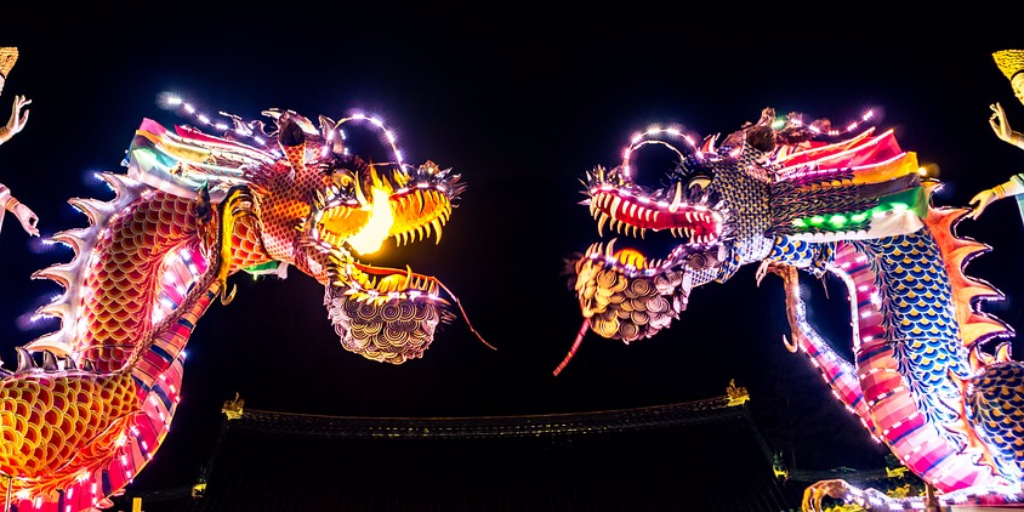
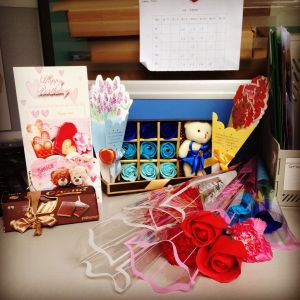
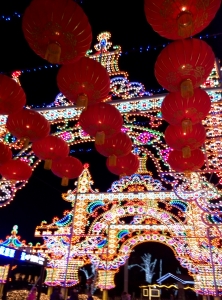
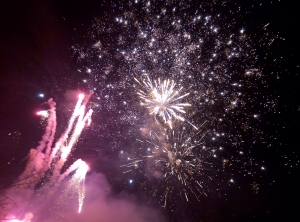
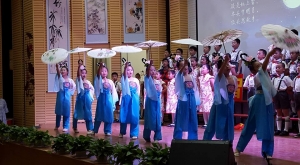
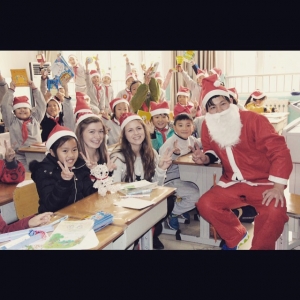
Leave A Comment
You must be logged in to post a comment.